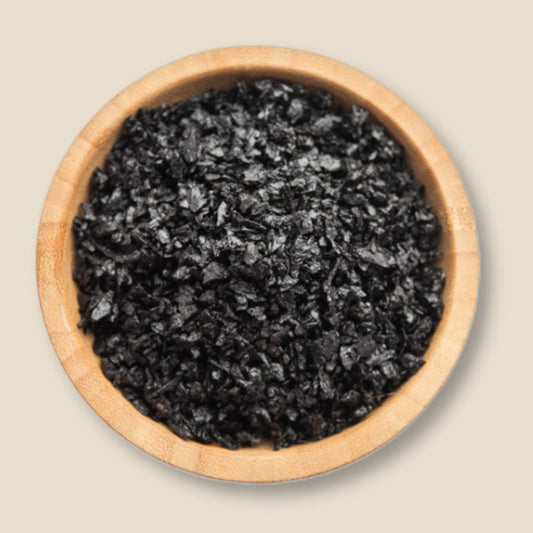
The Superpowers of Blueberries
Abdullaah KhanShare
Nature’s Boon for Heart and Overall Health
Blueberries, often celebrated as a superfood, have been the subject of extensive research due to their profound health benefits. Particularly, their impact on cardiovascular health has captured the attention of the scientific community.
Recent discoveries have not only reaffirmed their status as a heart-healthy food but also spotlighted their broader benefits, including cognitive health and anti-inflammatory properties.
Cardiovascular Benefits: A Closer Look
A landmark study published in the American Journal of Clinical Nutrition highlights that consuming 150 grams of blueberries daily can significantly improve cardiovascular health.
This intake was shown to enhance endothelial function and reduce arterial stiffness, which are crucial factors in reducing the risk of heart disease. Moreover, participants exhibited a notable decrease in LDL cholesterol levels, which are often linked to cardiovascular problems when elevated.
The flavonoids in blueberries, particularly anthocyanins, play a key role in these health benefits. They help modulate blood pressure and reduce biomarkers of inflammation, which are commonly associated with chronic heart conditions.
Cognitive Enhancement Through Blueberries
Emerging research suggests that the benefits of blueberries extend beyond the heart. Studies indicate that these berries can also have a positive effect on brain function, particularly in older adults.
Regular consumption of blueberries has been associated with improvements in cognitive performance, memory, and brain function. The antioxidants in blueberries, including flavonoids, are believed to reduce oxidative stress and inflammation, which can lead to cognitive decline.
Anti-inflammatory Properties
Chronic inflammation is a root cause of many diseases, including type 2 diabetes, obesity, and arthritis. The anti-inflammatory properties of blueberries are well-documented, making them a valuable dietary addition for those managing these conditions.
The bioactive compounds in blueberries help reduce the activity of several inflammatory markers, providing a natural means to manage inflammation.
Incorporating Blueberries into Your Diet
To fully benefit from blueberries, incorporating them into your diet is key. Here are expanded suggestions:
- Smoothies and Beverages: Blend blueberries with other fruits and vegetables for a nutritious smoothie. For a refreshing summer drink, infuse water with fresh blueberries and mint.
- Salads and Desserts: Toss blueberries into salads for a burst of flavor or use them in desserts like pies and tarts where their natural sweetness enhances the dish.
- Cooking and Baking: Blueberries can be a great addition to sauces and jams. Their natural pectin content helps thicken dishes naturally.
A Holistic View on Health
It's important to remember that while blueberries offer numerous health benefits, they should be part of a varied diet that includes a wide range of nutrients.
Lifestyle factors such as regular exercise, adequate hydration, and stress management also play significant roles in maintaining overall health.
References:- "Effects of Blueberry Supplementation on Blood Pressure and Vascular Function: A Randomized Controlled Trial." American Journal of Clinical Nutrition.
- "Anthocyanins in Cardiovascular Disease." Advances in Nutrition.
- "Dietary Blueberries and Cognitive Performance in Older Adults." The Journal of Nutrition.







